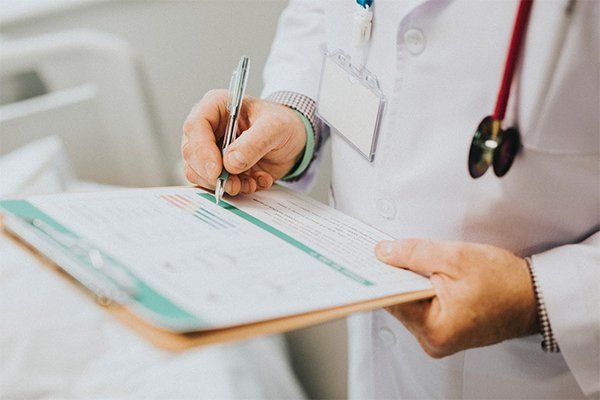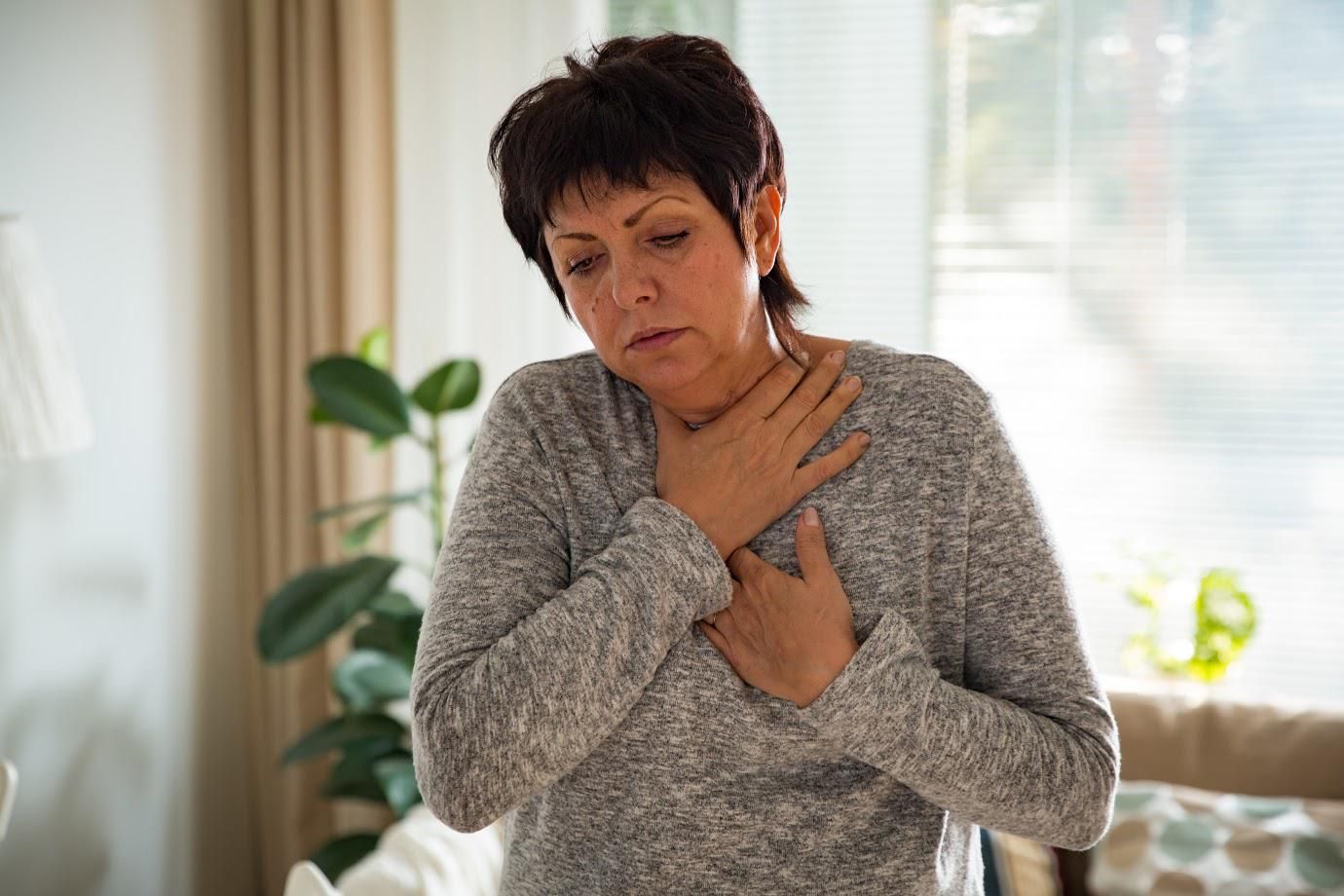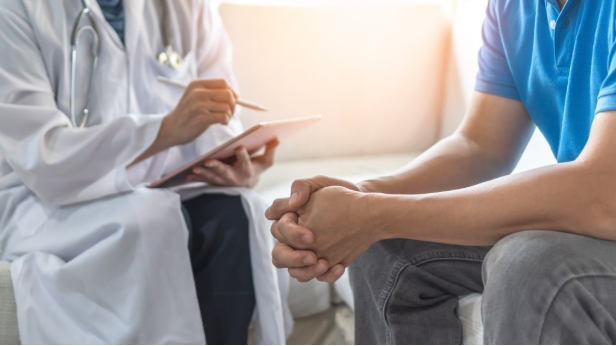A Review of Peptic Ulcers: Causes, Symptoms, and Treatments

Peptic ulcers are sores that occur when your digestive juices debilitate your stomach's or intestines' lining. However, although many people know the condition, most do not know its causes, symptoms, or treatment, and their knowledge of peptic ulcers is often from unreliable sources. This blog covers essential information about peptic ulcers that everyone should know.
Causes of Peptic Ulcers
Helicobacter pylori (H. pylori) infection is most patients' primary cause of peptic ulcers. The risk of on-setting peptic ulcers is high when infected patients delay seeking treatment. It allows the H. pylori bacteria to wear out the mucous membrane protecting your stomach and duodenum.
Wearing out the mucous coating exposes your stomach and duodenum lining to digestive acids that burn them, resulting in sores. Depending on the infection site, your doctor may diagnose you with gastric or duodenal ulcers. Doctors may diagnose you with both conditions in extreme situations.
Patients who frequently use nonsteroidal anti-inflammatory drugs (NSAIDs) also risk on-setting peptic ulcers in the long term. NSAIDs inhibit Cox-1 enzymes responsible for prostaglandins to protect the stomach lining. Prostaglandins deficiency reduces the stomach's mucous coating, exposing its sensitive lining to digestive acid attack. This increases the risk of peptic ulcers.
A common belief among many people is that stress and spicy foods cause peptic ulcers, but this simply isn’t true. Stress and spicy foods only exacerbate existing symptoms. Remember, the stomach has a mechanism to protect itself against digestive juices and spices. Thus, it is after the mucous coating is destroyed that the stomach lining becomes vulnerable.
Risk Factors
If you have chronic diarrhea, there is a reason. In some cases, the cause is simple, like food sensitivities. If this is the case, you can identify the food allergen and cut it from your diet. Some medications can cause diarrhea.
Common Symptoms of Peptic Ulcers
Patients with peptic ulcers experience various symptoms depending on their condition's severity. In the early stages, most patients experience mild symptoms, which include:
Bloating- Heartburn
- Stomach discomfort
- Nausea
- Fat intolerance
Initially, most patients ignore the symptoms, attributing them to food. For example, you may assume your stomach is bloated because you ate legumes during the day. However, such bloating should clear fairly quickly. On the other hand, stomach bloating over several days or weeks requires seeking medical care.
Over time, peptic ulcers become severe, resulting in exacerbated symptoms. Usually, you cannot ignore its severe symptoms because they cause significant pain and discomfort. The symptoms include:
- Nausea and vomiting
- Blood presence in stools
- Appetite loss
- Rapid weight loss
- Fatigue and frailty
Treatment Options
Gastroenterologists treat peptic ulcers differently depending on the cause. Patients whose condition arose from NSAIDs use will likely have different treatment regimens than those with an underlying H. pylori infection. Your gastroenterologist will aim to reverse the effects of the causative agent, allowing your mucous membrane to heal.
For example, your gastroenterologist may prescribe antibiotics and antacids for patients with ulcers from H. pylori infections. Eradicating the bacteria reduces the stress on the mucous membrane, allowing it to heal. Additionally, the antacid neutralizes the stomach acid, mitigating attacks on the exposed lining.
Patients with peptic ulcers from NSAIDs may not require antibiotics — unless they have underlying infections. Treatment often entails weaning patients off the NSAIDs to reduce their impact on the stomach lining. For example, your gastroenterologist may recommend substitute medication.
Patients with peptic ulcer-related symptoms should seek medical care for timely interventions. Otherwise, they risk their condition exacerbating. Patients living in Kentucky may schedule appointments with Kentuckiana Gastroenterology. Our gastroenterologists will assess you and develop individualized treatment plans to mitigate your condition.

















